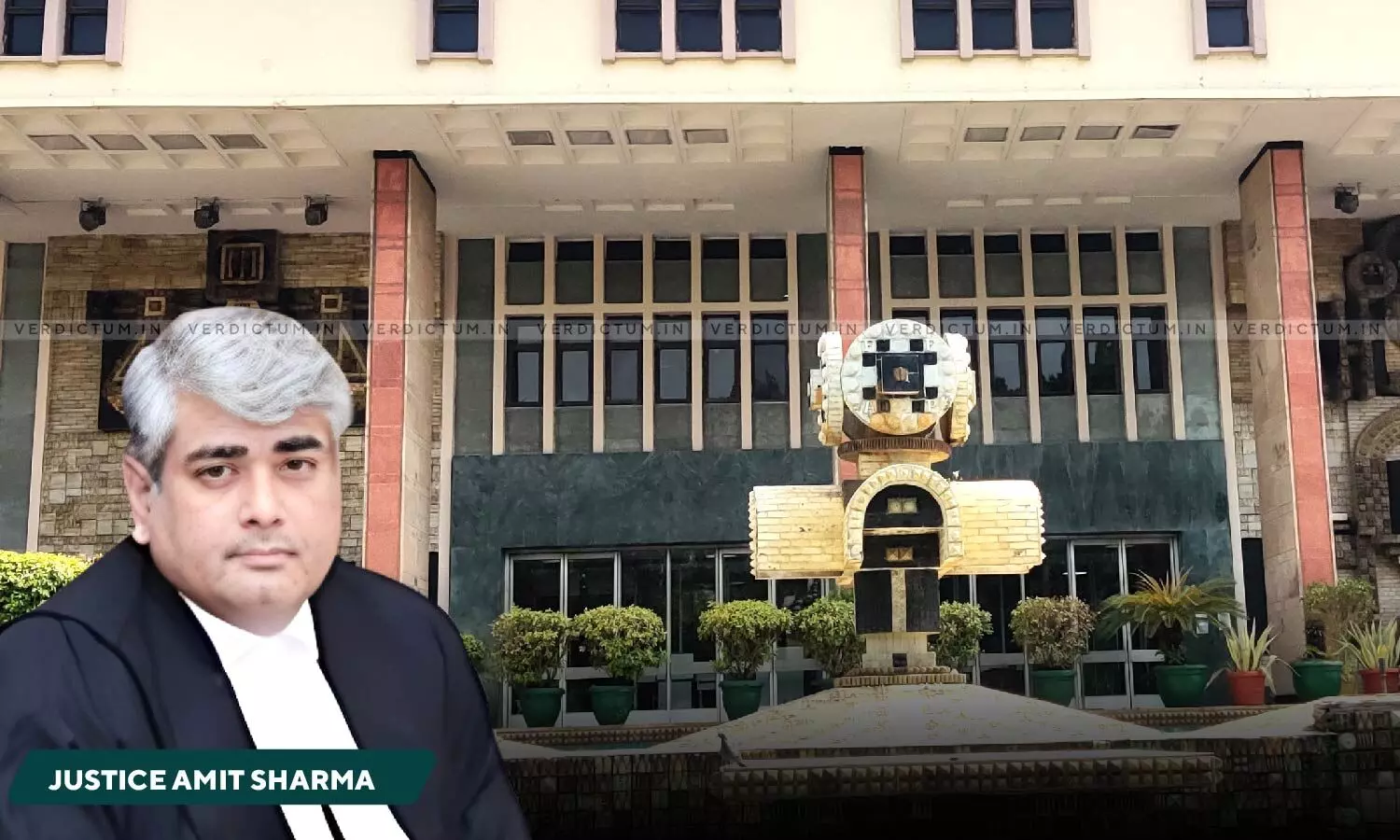
Serious Fraud Investigation Office Not Barred From Investigating IPC Offences: Delhi HC
 |
|The Delhi High Court observed that the Serious Fraud Investigation Office (SFIO) is not barred from investigation an offence under Indian Penal Code.
The Court dismissed a Petition seeking to quash the FIR filed by the SFIO, along with the sanction letter from the Ministry of Corporate Affairs allowing SFIO to investigate and the complaints before Trial and Special Courts.
The Court noted that the officer filing the report is deemed equivalent to the officer in charge of a police station Section 173(2) of the CrPC. The Court emphasized the Special Court's jurisdiction to adjudicate on offences beyond those specified in the Act, as per Section 436(2), including the SFIO's authority to investigate such offences.
“It was pointed out that Section 436(2) of the Act gives power to the learned Special Court to try an offence other than the offences under the Act at the same trial and that would give jurisdiction to the SFIO for investigation as well as prosecution for offences punishable under the IPC”, the Bench of Justice Amit Sharma observed.
Senior Advocate N. Hariharan appeared for the Petitioner and Advocate Amit Tiwari with Government Pleader Chetanya Puri appeared for the Union.
The Ministry of Corporate Affairs (MCA) had ordered an investigation into 15 companies under Section 212(1)(c) of the Act. The SFIO, during the course, sought approvals for investigating 66 companies and submitted an Investigation Report. Following this, the MCA sanctioned the prosecution of Petitioners under the Act. Simultaneously, SFIO filed a complaint, leading to summons issuance. A Writ Petition was filed in the High Court to quash the SFIO's FIR, subsequent proceedings, and related documents, including the sanction letter from the Ministry of Corporate Affairs and the filed complaint before Trial and Special Courts.
In this case, the Court observed that Sections 219(a), (b), and (c) of the Act, should be considered as constituting a distinct category or class referred to as "related companies." The purpose behind these clauses is to facilitate the investigation of companies other than the one for which an investigation has been ordered under Section 212 of the Act.
Furthermore, the Bench noted that Section 219(d) applies to the Managing Director, Manager, or Employee of the company mentioned in Sections 219(a), (b), or (c). The Court observed that once approval is granted under Section 212 for the investigation of a company, it extends to the Managing Director, Manager, or Employee of that company. The term "affairs of the company" was deemed to encompass all aspects and transactions of the company.
The Bench observed that the quoted excerpt from the SFIO's complaint indicates that an investigation was conducted into the affairs of the company concerning the Second Petitioner, falling under Section 219(c) of the Act. However, the lack of prior approval does not automatically invalidate the cognizance taken by the Special Court. The Court reiterated that a defective investigation does not invalidate the cognizance taken by the Special Court.
The Court held that the subsequent sanction was obtained from the Central Government before SFIO filed the complaint under Section 212(14) of the Act. The Second Petitioner faced prosecution for a single transaction, and they retained the opportunity during the trial to establish any prejudice or miscarriage of justice due to the absence of approval under Section 219(c) of the Act.
Additionally, the Court noted that Section 4(2) of the CrPC dictates that investigations into offences under statutes like the Act should adhere to the CrPC unless specified otherwise. Section 212(15) of the Act designates an investigation report filed before the Special Court as equivalent to a police report under Section 173 of the CrPC.
Consequently, the Bench observed that the report-filing officer is considered akin to an officer in charge of a police station. The Court emphasized that the Special Court's authority to try offences beyond the Act under Section 436(2) extends to the SFIO's power to investigate such offences.
“The said position is further fortified by the fact that if power has been given to the learned Special Court under Section 436(2) of the Act to try offences other than those under the Act, then the power of the SFIO to investigate into such offences cannot be restricted. If the report which is subsequently filed is to be treated as a police report under Section 173(2) of the CrPC, then the officer, as explained hereinabove, is to be considered to be vested with powers of an officer in charge of a police station”, the Bench observed.
The Court concluded that the absence of prior approval does not automatically render the cognizance taken by the Special Court invalid. The Court emphasized that a comprehensive interpretation of relevant provisions in the CrPC and the Companies Act does not restrict the SFIO from investigating offences under the IPC. The SFIO is not barred from conducting a 'further investigation' in compliance with the law.
Accordingly, the Court dismissed the Petition.
Cause Title: R.K. Gupta & Ors. v Union Of India (Through Ministry Of Corporate Affairs) & Anr. (2023:DHC:9243)